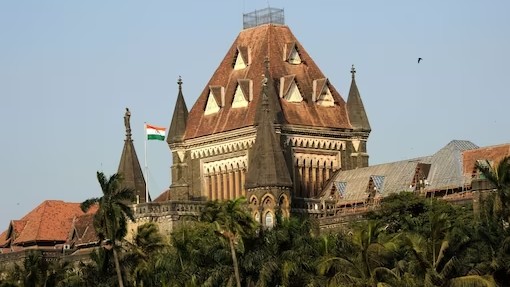The Bombay High Court on Thursday underscored the importance of preserving open spaces and sports facilities in Mumbai, stressing their role in shaping a healthier and brighter future for the coming generations. The court raised concerns about the dwindling green spaces in the city and urged a forward-looking approach.
“It is for the times to come. What are we giving to the next generation?” asked a bench of Justices Girish Kulkarni and Advait Sethna.
The bench was hearing a suo motu plea regarding a review of the Maharashtra Slum Areas (Improvement, Clearance and Redevelopment) Act, 1971, following a Supreme Court judgment on July 30. The apex court had earlier highlighted concerns about the Act’s implementation and asked the HC to conduct a ‘performance audit.’ This is the first time that the court will be conducting an audit of an audit.
Referring to India’s bid to host the 2036 Olympics, Justice Kulkarni questioned where young athletes would train if open spaces were handed over for private redevelopment. “Where will the young talent go?” he asked, citing the example of cricketer Yashasvi Jaiswal, who once lived in a tent outside Azad Maidan and sold pani puri to make ends meet.
The court also mentioned a proposed world-class sports stadium by CIDCO in Navi Mumbai that was later scrapped in favor of private construction. “You want the Olympics in Bombay? Where do you go? The state had a good vision to have a world-class sports facility for the common man. Where did it go?” the bench remarked.
During the hearing, amicus curiae (friend of court) submitted a report highlighting over 100 issues affecting the Act’s implementation, including complications in identifying and declaring slum areas. Advocate General Birendra Saraf assured the court that the state would address the issues which could be handled on the administrative side and would explore legislative changes where necessary. “Some changes have already been made for effective implementation of the Act,” Saraf said.
The court will prioritize addressing core problems impacting the city. Justice Kulkarni remarked, “The main, core glaring problems need to be addressed first, then we review the other problems. That is how we try to focus on the main problem which is bothering us, the people of Bombay.”
Petitions were filed by some developers challenging the government circular mandating them to pay advance rent for two years, before undertaking any redevelopment. Saraf emphasised that the rule was made applicable to ensure that in case of delayed payment by the developer, the slum dwellers are taken care of.
The HC directed the state to deliberate on the report by January 15 and asked involved parties to submit suggestions by January 31. The court will begin regular hearings on the matter from February 14.
